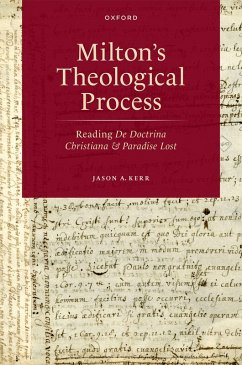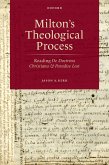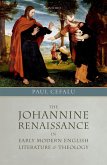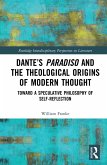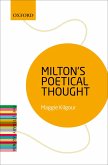This volume proposes a method for reading Milton's De Doctrina Christiana as an artifact of his process of theological thinking rather than as a repository of his doctrinal views. Jason A. Kerr argues that reading in this way involves attention to the complex material state of the manuscript along with Milton's varying modes of engagement with scripture and various theological interlocutors, and reveals that Milton's approach to theology underwent significant change in the course of his work on the treatise. Initially, Milton set out to use Ramist logic to organize scripture in a way that drew out its intrinsic doctrinal structure. This method had two unintended consequences: it drove Milton to an antitrinitarian understanding of the Son of God, and it obliged him to reflect on his own authority as an interpreter and to develop an ecclesiology capable of sifting divine truth from human error. Consequently, Milton's Theological Process explores the complex interplay between Milton's preconceived theological ideas and his willingness to change his mind as it develops through the layers of revision in the manuscript. Kerr concludes by considering Paradise Lost as a vehicle for Milton's further reflection on the foundations of theology-and by showing how even the epic presents challenges to the fruits of these reflections. Reading Milton theologically means more than working to ascertain his doctrinal views; it means attending critically to his messy process of evaluating and rethinking the doctrinal views to which his prior study had led him.
Dieser Download kann aus rechtlichen Gründen nur mit Rechnungsadresse in A, B, BG, CY, CZ, D, DK, EW, E, FIN, F, GR, HR, H, IRL, I, LT, L, LR, M, NL, PL, P, R, S, SLO, SK ausgeliefert werden.

